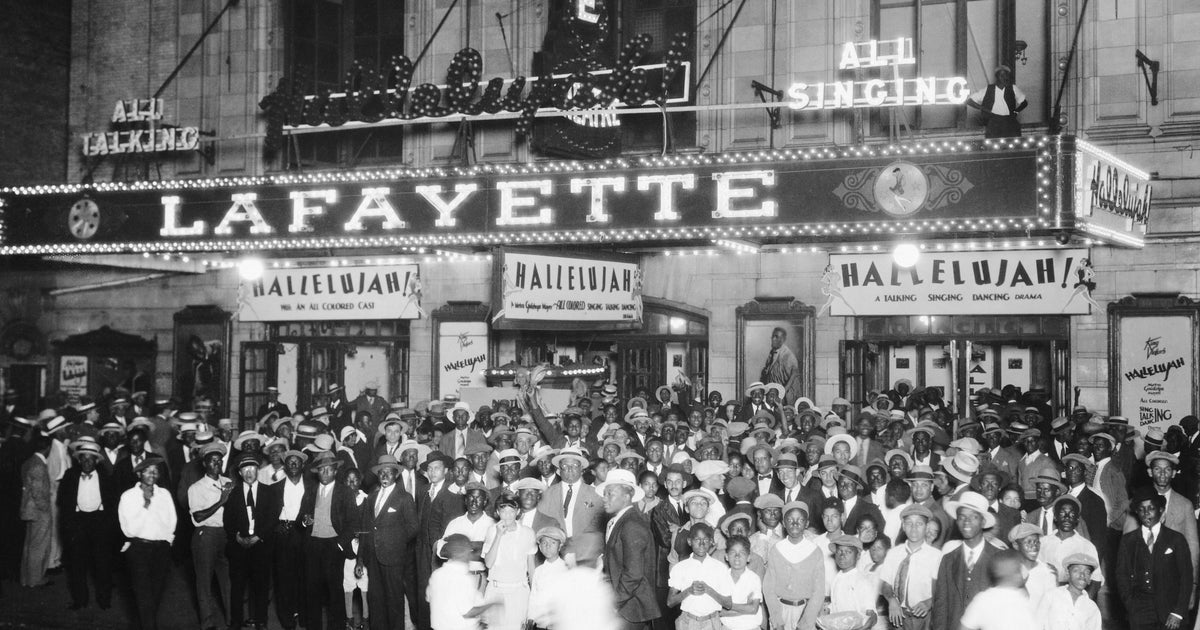Will summer blockbusters be enough to save movie theaters?
Movie theaters and film studios are hoping that rising COVID-19 vaccination rates and pent up demand for new releases will reboot the industry after a devastating year.
Most indoor viewing venues were fully closed for at least a year while the pandemic crippled industries including hospitality and entertainment. Now, film professionals are banking on summer blockbusters to revive the box office.
For example, award-winning actor and musical creator Lin Manuel Miranda's "In The Heights" opened in theaters this week, and is expected to draw audiences back into theaters.
Actor and director John Krasinski's hotly anticipated "A Quiet Place Part II," currently in theaters, this week became the first pandemic-release to surpass $100 million in domestic box office receipts, according to Deadline.
Originally set to debut in theaters last March, but ultimately delayed for more than a year, the movie, its director tweeted at the time, "is one you have to see all together." Acknowledging the pandemic, Krasinski added, "Well due to the ever-changing circumstances of what's going on in the world around us, now is clearly not the right time to do that."
With big-budget films like Krasinski's delayed for an indefinite amount of time, global box office sales tumbled 72% in 2020, Shirley Li, a culture reporter for The Atlantic told CBSN's Tanya Rivero.
"A lot of major tentpoles and blockbuster films had to be delayed by months or more than a year and major theater chains like AMC shuttered 60 theater locations. Other chains like Cineworld lost $2 billion in revenue. The movie industry truly suffered as a result of the pandemic," she said.
In its reopened form, the new world of cinema will look a little different than it did before the pandemic. The theater-going experience will be more digitized, Li said, with customers using apps to purchase concessions instead of waiting in long lines, for example.
Movie chains also started offering private theater rentals during the pandemic, which proved to be a lucrative strategy. That's a change that's expected to remain permanent.
Of course, not all theaters survived the pandemic, and fans can expect to see far fewer smaller independent cinemas than there once were.



